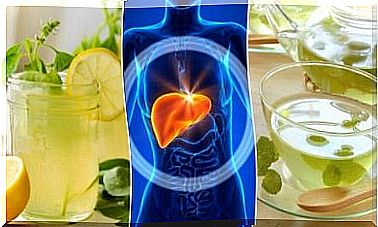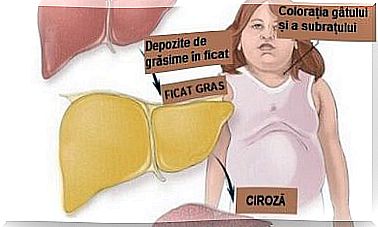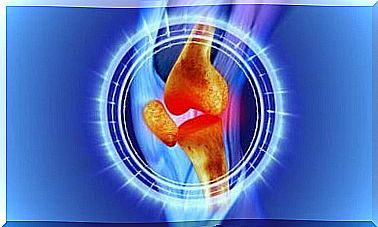Do Calories Turn Into Body Fat?
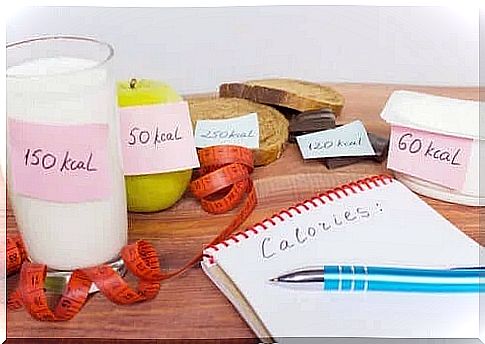
Until a few years ago, the energy value of food and the belief that calories turn into body fat were the focus of diets. The energy balance was almost the only parameter evaluated.
But now we know that this is not the only thing we need to think about. The type of food we eat, the main nutrients they provide, how the hormonal system reacts or the time between meals are other aspects that have a major impact on the composition of the human body.
What are calories and what happens when we overeat?
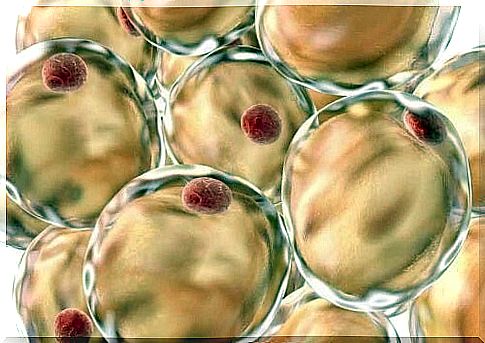
Beyond calories: other things to consider
In addition, depending on the general composition of the daily diet, distinct metabolic pathways are activated. This affects the way we metabolize calories, and they can turn into fat.
When the stomach is full, it sends signals to the brain that make it understand that we should stop eating. Therefore, the total calories consumed should be more or less the same at the end of each meal.
Do calories turn into body fat? It also depends on the quality
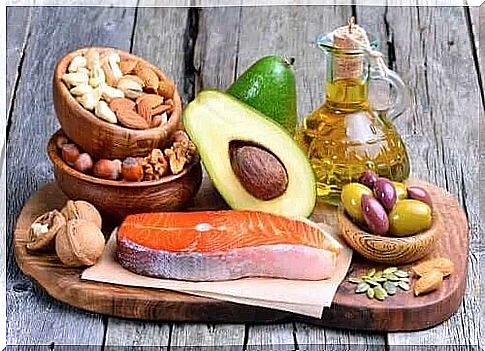
The same amount of calories from different types of food will not have the same effect on the body. It is important to evaluate the type of food that is part of your diet. Highly processed foods are directly related to:
- High blood pressure
- Metabolic problems
- High LDL cholesterol, among others
If we base our diet on foods from the first group, its impact on metabolism, satiety or thermal effect will be much more balanced than if we eat foods from the second group. That way, the excess calories won’t make us fat as easily. We will enjoy long-term health benefits!
Caloric deficit is not healthy
Insufficient energy intake also means a lack of basic nutrients (such as vitamins, minerals or proteins) that the body needs to function and build structures. This, in turn, can lead to mood problems, lack of concentration and lack of energy, among others.
In addition, in the long run and against what might seem logical, we can end up gaining weight and body fat. This is because the body triggers the damage mechanism, storing energy. Failure to eat the right amount of food makes the body reluctant to release accumulated fat to maintain energy reserves.
In addition, we must remember that all aspects that influence the hormonal system, such as exercise, sleep or stress, have a significant impact on how the body processes and stores calories.
